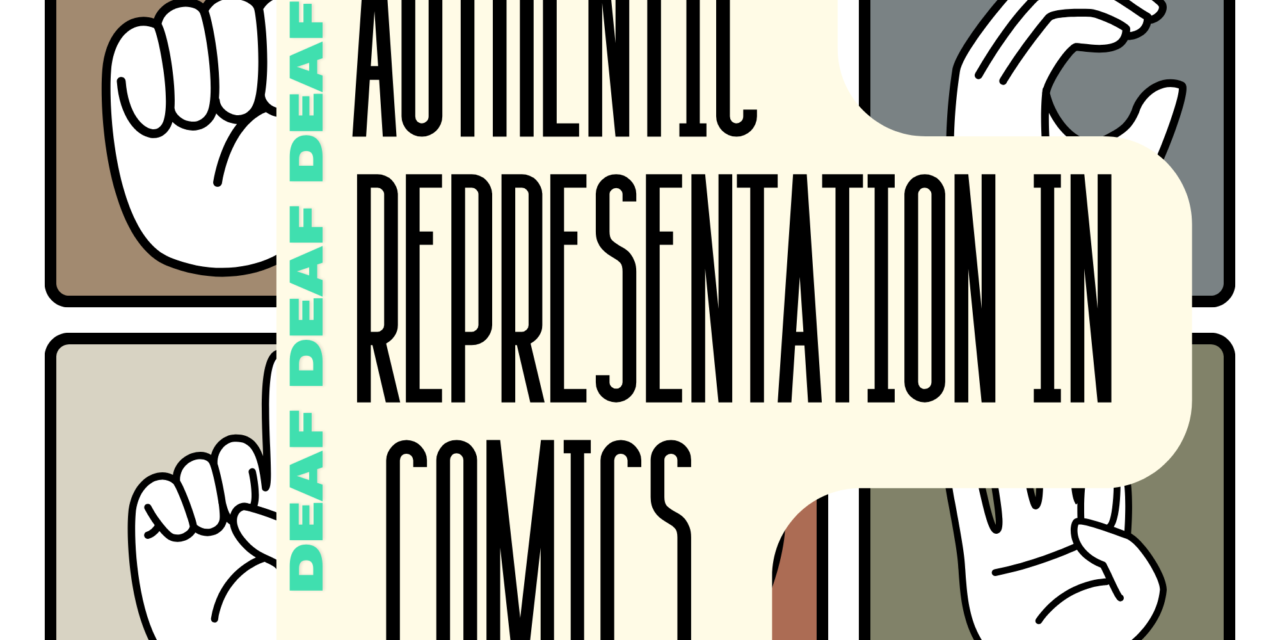The discourse on representation in media, particularly within the Deaf community, underscores the urgent need for diversity and authenticity. Deaf artists like Adrean Clark have poignantly highlighted disparities in opportunities and visibility compared to their hearing counterparts. On May 27, 2024, Clark, a Deaf comic creator, made a public plea advocating against the systemic bypassing of Deaf creators in favor of well-known hearing content creators, even when projects involve Deaf characters. This practice not only undermines the authenticity of narratives but also marginalizes Deaf culture in mainstream media.
Clark’s frustrations are echoed widely within the community. On social media platforms like Instagram, Deaf creators have shared experiences of hearing creators seeking advice to enhance authenticity in their work, yet failing to acknowledge these contributions publicly. This exploitation reflects a broader disregard for genuine representation in the industry.
The film “CODA,” celebrated for its authentic portrayal of Deaf characters by Deaf actors, marks a turning point. The film demonstrates the viability and success of genuine representation. Assigning Deaf roles to Deaf actors and highlighting the profound impact of authentic stories on audiences.
However, the comic industry and broader entertainment sectors continue to fall short in representing Deaf creators and characters adequately. The reluctance to integrate Deaf artists fully into the creative process restricts the diversity of Deaf characters and limits professional opportunities for Deaf creatives, perpetuating economic and professional disparities.
A significant overhaul is necessary. The industry must prioritize the inclusion of Deaf characters and the involvement of Deaf creators. This means from the conceptual stages to production. Policies might need to enforce hiring practices that ensure diversity behind the scenes and on-screen. Advocacy for these changes is crucial. This requires stakeholders to support projects that promote authentic representation and demand diversity and inclusion from creators and distributors.
We must strive for a media landscape where Deaf artists like Adrien Clark are recognized as integral to the creative process. Their voices are as vital as those of their hearing peers. We should be supporting and promoting the work of Deaf creators. Insist on authentic portrayals of Deaf characters in cultural narratives and ensure the media landscape reflects the diversity of the world it represents.
What steps are you taking to level the playing field for our community?




